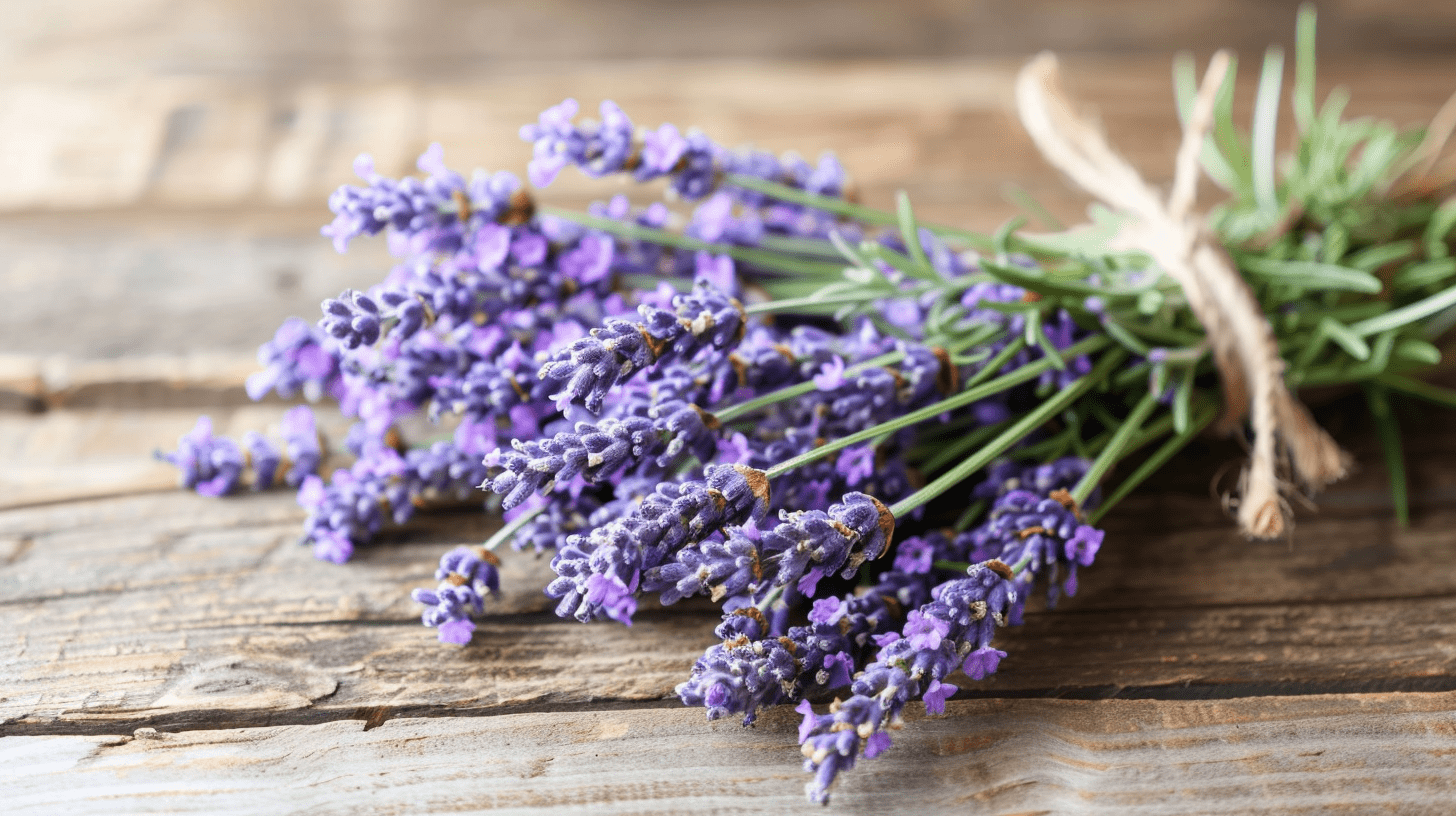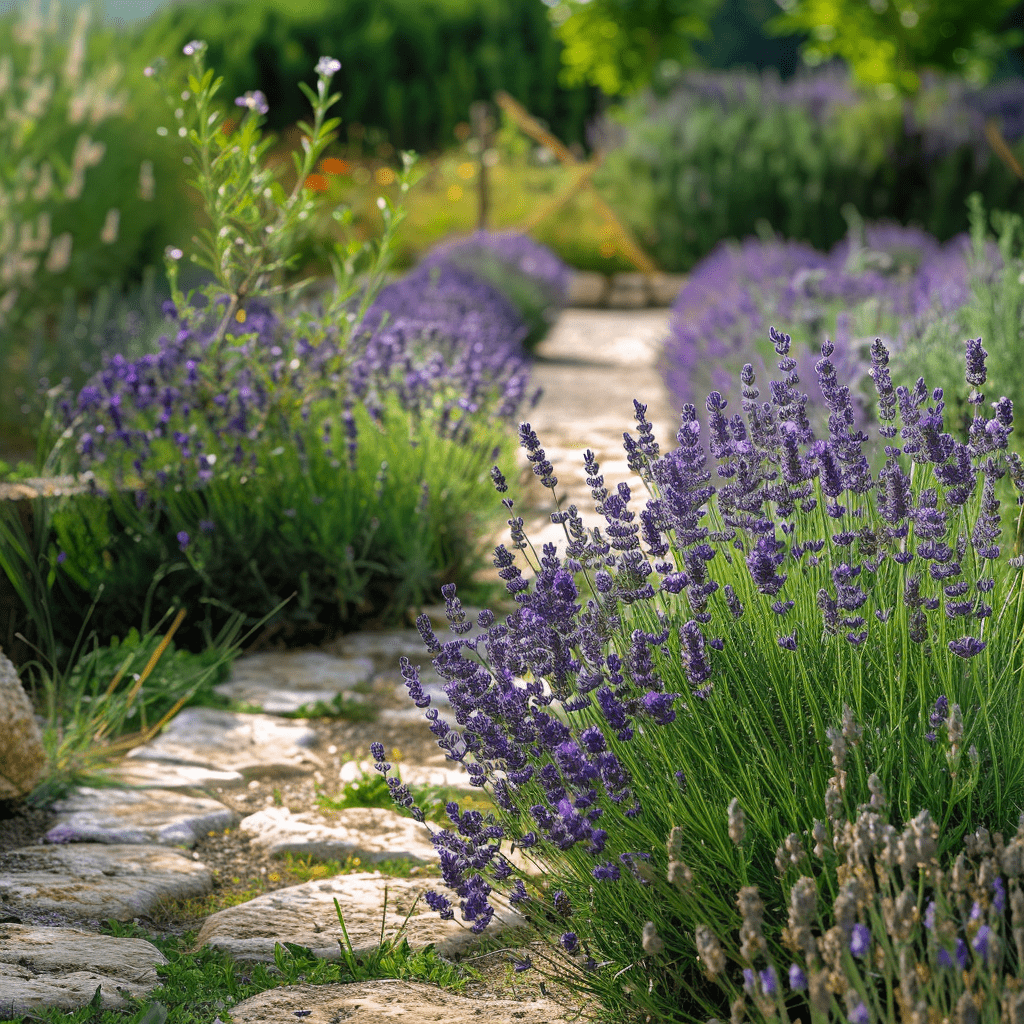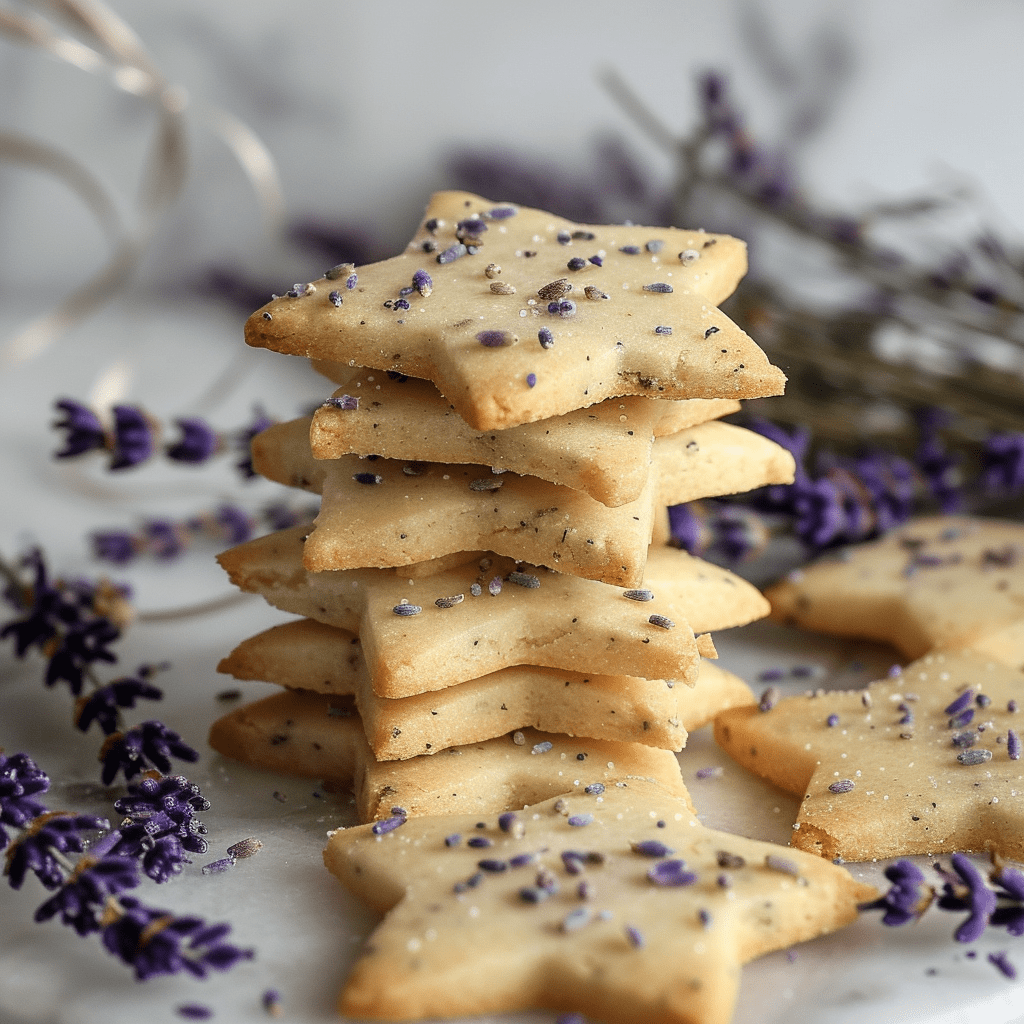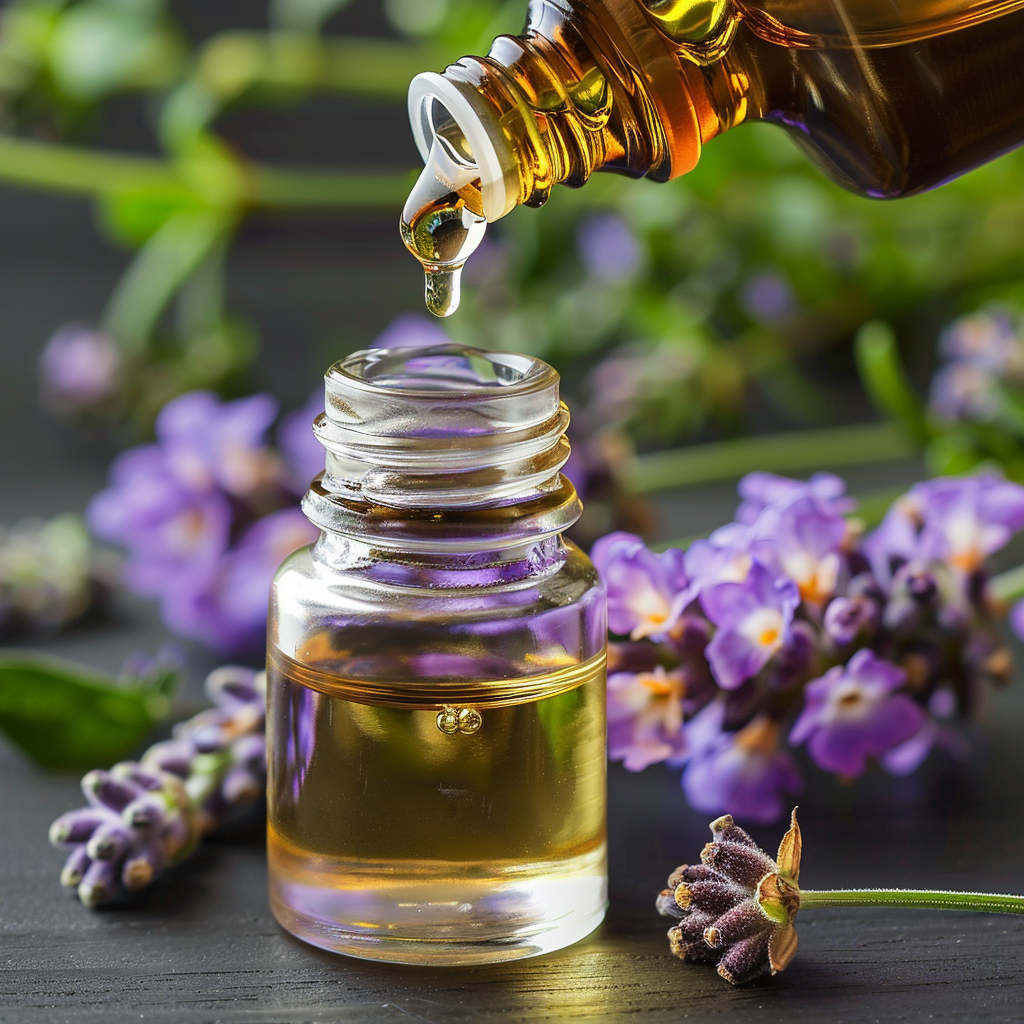Ever Had an Allergic Reaction to Lavender Plants?
Thankfully, having an allergic reaction to lavender plants is not that common. Lavender is like the friendly neighbor of the herb world – generally super safe and loved by many. You'll find it in all sorts of goodies like cosmetics, soaps, perfumes, and those oh-so-relaxing essential oils. Its soothing scent is a real crowd pleaser, known for its calming vibes that can turn any moment into a zen oasis.
But here's the buzzkill: for a teeny-tiny minority of folks, lavender might not be their BFF. Yep, some unlucky souls might experience allergic reactions to certain bits of the plant. These troublemakers could be lurking anywhere from the essential oils to the pollen to the flowers themselves.
An allergy to lavender is what we call a hypersensitivity reaction – basically, your body's immune system having a bit of a freak-out over something it thinks is harmful (even if it's not). So, when someone with a lavender allergy comes into contact with the stuff, their immune system goes into full-on defense mode, leading to those pesky symptoms of an allergic reaction.
What Causes Allergic Reactions to Lavender Plants?

The main culprit behind lavender allergies? A sneaky little compound called linalool. Now, linalool isn't just responsible for lavender's delightful fragrance; it's also a bit of a troublemaker in the allergy department. When someone with a lavender allergy crosses paths with linalool, their immune system can get all mixed up and mistake it for something nasty, kicking off an allergic reaction.
In some cases, people may develop allergic reactions to the plant material, such as pollen or dried flowers, through inhalation or skin contact. Others may experience reactions to the essential oil when it is applied topically or inhaled, as the concentrated form of the oil can be more potent and trigger a stronger immune response. Not pleasant, and most unfortunate for some.
Symptoms of an Allergic Reaction to Lavender Plants
So, let's talk symptoms of an allergic reaction to lavender plants – they can vary big time from person to person, ranging from a mild annoyance to a real bummer of a situation. So, if you suspect you're not vibing with lavender, it's essential to know the signs and seek out the right treatments to keep those allergies in check.
Here are some symptoms that someone with an allergic reaction to lavender might experience. If you have an allergy to lavender you will probably suffer from only a few of the symptoms below. It would be a really bad reaction, and highly unusual for someone to show all these symptoms at once:
1. Skin irritation or rash
2. Itching or hives
3. Swelling, particularly of the face, lips, tongue, or throat
4. Redness or inflammation of the skin
5. Watery or itchy eyes
6. Runny or stuffy nose
7. Sneezing
8. Coughing or wheezing
9. Difficulty breathing
10. Nausea or vomiting
These symptoms can vary in severity from person to person and may occur immediately upon contact with lavender or develop gradually over time. If you suspect you're having an allergic reaction to lavender or any other substance, it's essential to seek medical attention promptly.
Treatment for an Allergic Reaction to Lavender Plants

If you're experiencing mild symptoms of a lavender allergy, there are a few home remedies you can try to help alleviate discomfort:
Cool Compress: Apply a cool, damp cloth to irritated or inflamed areas of the skin to help reduce itching and inflammation.
Oatmeal Bath: Adding colloidal oatmeal to a warm bath can soothe itchy or irritated skin. Simply dissolve a cup of oatmeal in lukewarm water and soak for 15-20 minutes.
Aloe Vera Gel: Apply pure aloe vera gel to irritated skin to help calm inflammation and promote healing. This is one of my go-to home remedies for so many things. It is just a useful plant, and if you are lucky to live in a dry, Mediterranean climate like I do, then grow your own and use the gel straight from the leaf picked out of the garden.
Calamine Lotion: Calamine lotion, you know that pink stuff that hasn't changed in decades that mom used on you for sunburn as a kid? Yes, that stuff! It can help relieve itching and soothe irritated skin. Apply a thin layer to affected areas as needed and it will calm that angry rash.
Antihistamines: Over-the-counter antihistamines such as diphenhydramine (Benadryl) or loratadine (Claritin) can help reduce itching and other allergy symptoms. Follow the dosage instructions carefully.
Hydrocortisone Cream: Over-the-counter hydrocortisone cream can help reduce inflammation and itching caused by allergic reactions. Apply a thin layer to affected areas as directed.
Avoidance: The best way to prevent allergic reactions to lavender is to avoid exposure to the plant or products containing lavender essential oil if you know you're highly allergic. Be sure to check ingredient labels carefully when purchasing cosmetics, soaps, or other products.
Remember, if you're experiencing severe symptoms or have any concerns about your allergy, it's essential to consult with a healthcare professional for proper diagnosis and treatment. We remind our readers that we are an information site, not a site that offers professional medical advice. We leave that to the experts.
Hi! I've planted some lavender in pots and now I'm wondering if they are going to grow too big for the containers they are in. Just how big does lavender grow?
Hi! I've planted some lavender in pots and now I'm wondering if they are going to grow too big for the containers they are in. Just how big does lavender grow?
Lavender can be grown very successfully in pots, as long as you are growing varieties that are known as 'dwarf' lavender that won't grow more than 12 inches or so. We have an article entitled: How big will lavender get? that covers your concerns. Happy gardening!
Do you have a recipe for lavender sugar?
Do you have a recipe for lavender sugar?
Yes, we do actually. We have a great recipe with step-by-step instructions on how to make it and how long it will store for. Have fun making it. You can find the recipe here: How to Make Lavender Sugar.
Is Lavender Easy to Grow?
Is Lavender Easy to Grow?
Luckily, the answer is yes, it is! It is one of those plants that you can pretty much neglect in your garden and it will bloom year after year. Lavender is easy to grow but there are some conditions that should be met to make your lavender growing success.



